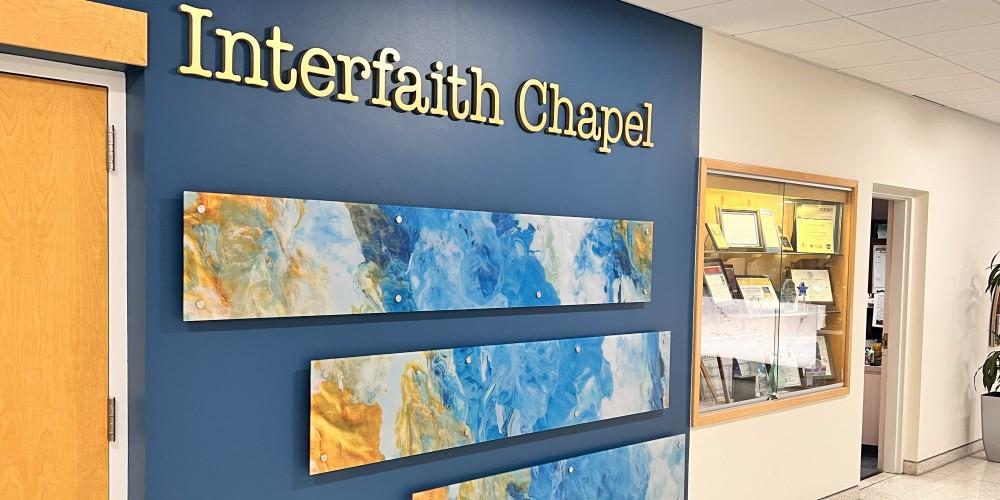Upstate’s Clinical Pastoral Education program celebrates milestone with first reunion
Upstate Medical University’s Clinical Pastoral Education program is celebrating its 20th year with a reunion May 6.
About 65 alumni from around the country are expected to attend, coming from as far away as Los Angeles, Washington, D.C., and Rhode Island. The event, to be held in the Academic Building, will feature a keynote address by Angela Rudert, PhD, a senior lecturer in religion at Colgate University.
Upstate’s program is the only one of its kind in Central New York and one of about 300 across the country. To date, 150 interns have gone through the program, which offers various levels of training based on the student’s goals. For those interns who desire the gold standard of board chaplaincy certification, they complete of a minimum of 1,600 hours of training along with earning a master’s degree in divinity or field of theology, an additional 2,000 hours post-training, ecclesial endorsement, and finally meet with a national certification committee.
A handful of graduates who have obtained board chaplaincy certification now serve at Upstate and other local health care institutions, including St. Joseph’s Health Hospital, Crouse Hospital, the VA Medical Center and Loretto.
Clinical Pastoral Education (CPE) is experiential theological education designed to improve the quality of spiritual care offered by spiritual caregivers of all faiths and levels of experience. Upstate’s program uses an action-reflection model of learning that integrates the components of spiritual care, personal and theological reflection, supervision, peer review and supportive group process. It is accredited through the Association for Clinical Pastoral Education and led by the Rev. Terry Ruth Culbertson, MDIV, BCC, CT, an ACPE certified clinical pastoral educator.
When she arrived at Upstate 20 years ago to start the program, Culbertson said three part-time chaplains were sharing one full-time position: a Catholic priest, a Protestant minister and a Jewish rabbi.
“Upstate’s leadership wanted to develop a more comprehensive professional program beyond denominations that integrated spiritual care for the benefit of those we serve in our overall patient care,” she said
“We believe that spirituality is much bigger than just an identified faith tradition, yet some people want that identified faith tradition as it is very comforting,” Culbertson said. “We assess the spiritual needs of each person to determine what interventions will be most meaningful to the patient, their loved ones, and even staff.”
Chaplain interns join regular interdisciplinary rounds on assigned clinical units such as oncology, orthopedics, or neurology and chart in the medical record. Level II students can develop a clinical specialty, such as Palliative Care. All interns serve as the duty chaplain, providing evening coverage in the Emergency Department, following referrals and responding to traumas. Culbertson said the students become spiritual specialists over time in the clinical areas in which they round.
“We stress that Upstate cares about the mind, the body and the spirit of each person to offer holistic care,” Culbertson said.

